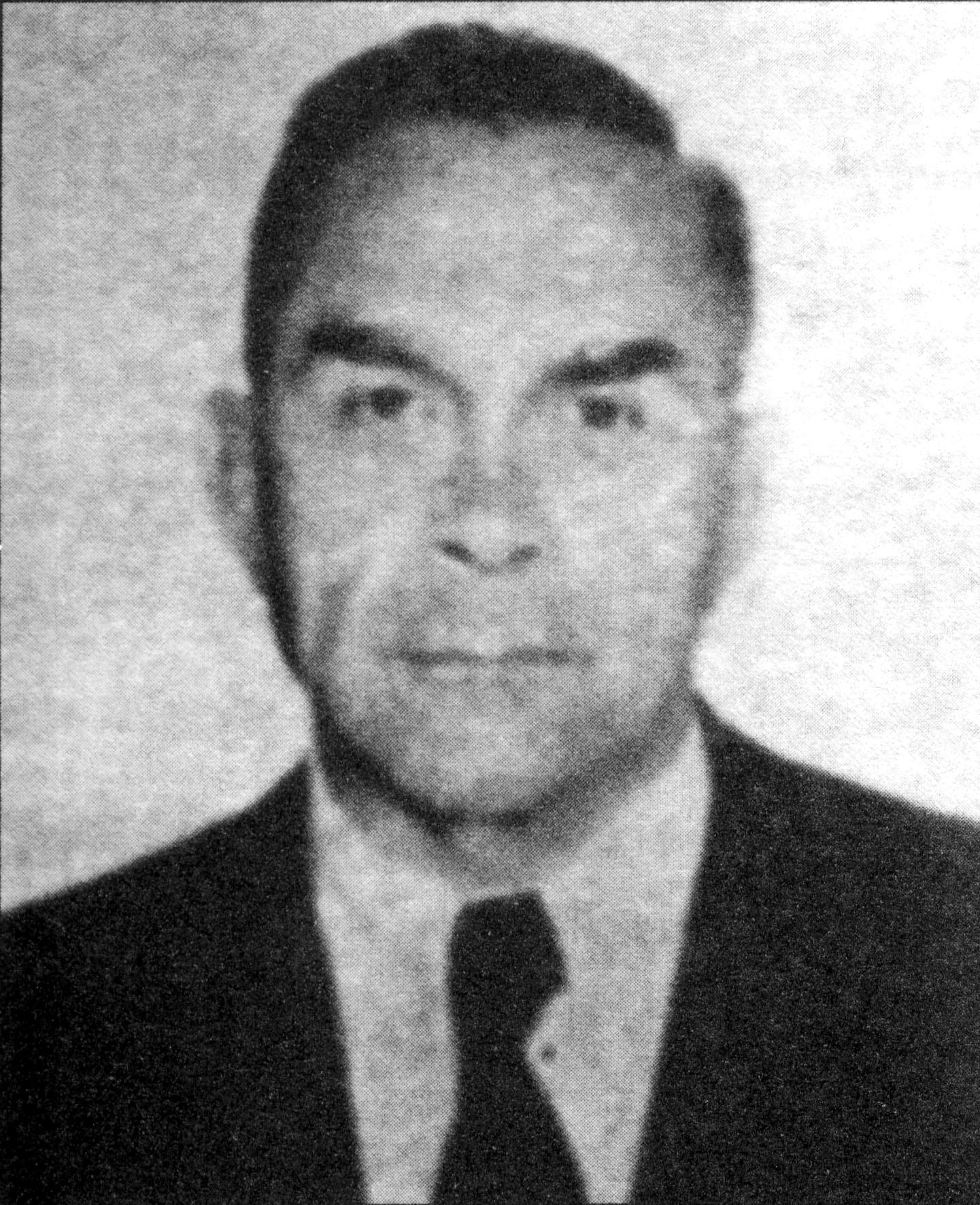Personalities of the Ukrainian Intelligence
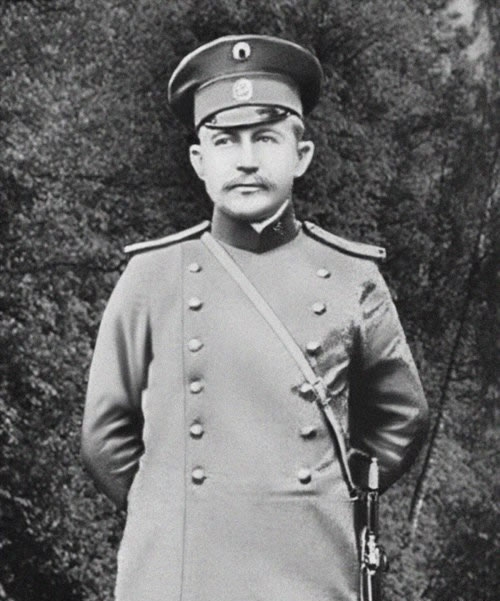
Mykola Krasovskyi
From 1920 to 1921 he headed the “Information Bureau” of the Intelligence Directorate of the General Staff of the UPR Army. At the head of this structure, he was notable for his integrity and perseverance, paying much attention to the organization of agent work, personally developing a number of normative documents, laying the foundations for this specific activity of national intelligence and counterintelligence. Under Krasovskyi’s leadership, an assassination attempt on Symon Petliura was prevented and the organizer of the action was detained. M. Krasovskyi was implacable to the enemies of the UPR. It is not without reason that the bolsheviks appointed a bounty of 300 thousand rubles for the head of each employee of the Information Bureau, and called the Bureau itself the “Petliura Cheka”.
5/28/2025
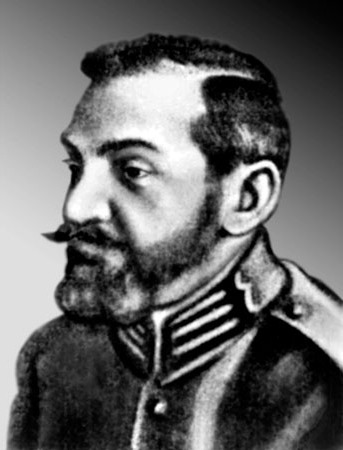
Vsevolod Zmiyenko
From 1922 he was a Khorunzhyi General of the UPR Army. From 1928 to 1936, he headed the special service of the General Staff of the Ministry of Military Affairs of the State Center of the UPR in exile. In that position, he attached great importance to the work of intelligence, in particular to the collection of information about the situation in Ukraine in order to prepare conditions for the overthrow of soviet rule and restoration of the Republic’s independence and state sovereignty through military intervention from outside and the intensification of the partisan insurgency in the Ukrainian ssr. Thanks to V. Zmiyenko, it was possible to obtain documentary evidence of the famine in Ukraine. This information was used to prepare leaflets, appeals, and reviews, to draw the attention of the world community to the events in Ukraine and thus to influence the top party leadership of the ussr.
5/28/2025
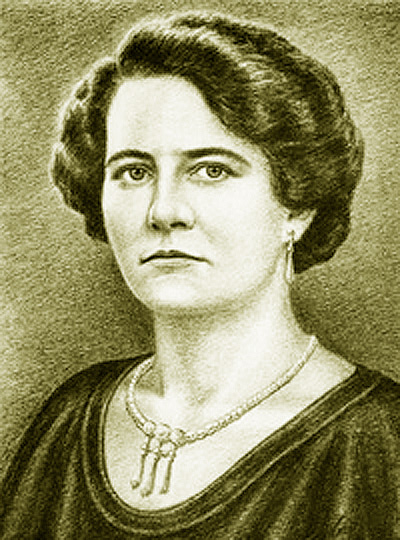
Olha Basarab
During the period of the UPR Directory, she worked as a Secretary of the Ukrainian Embassy in Finland and later as an accountant at the UPR’s Embassy in Vienna, while also working for the Foreign Information (Intelligence) Department of the Political Department of the UPR Ministry of Internal Affairs. In 1923, she moved to Lviv, where she became a member of the Main Board of the Ukrainian Women’s Union branch in Lviv, actively cooperated with the Ukrainian Military Organization and its intelligence, and served as a liaison.
5/28/2025
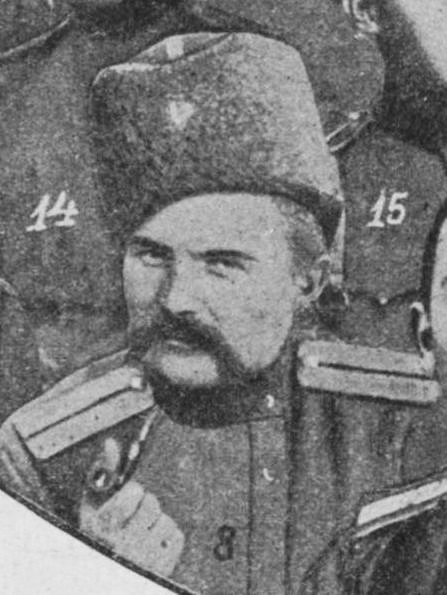
Fedir Borzhynskyi
In June 1918, he was appointed Ukrainian State Consul in Pyatigorsk. On September 20 of the same year, Hetman Skoropadskyi promoted him to the rank of Colonel and appointed plenipotentiary representative of the Ukrainian State in the Kuban. In his secret reports, F. Borzhynskyi constantly informed about the brewing conflict between the Kuban government and the command of the Volunteer Army, which grossly violated the traditional Cossack self-government. He drew attention to the fact that a real information war was unfolding against the young Ukrainian State in the Kuban, which was being waged by representatives of russian chauvinistic organizations. They tried to persuade F. Borzhynskyi to go over to the side of the Volunteer Army and further participate in the armed struggle in its ranks for the restoration of “united and indivisible russia”, but he resolutely rejected the idea. He was executed by shooting on February 14, 1919 on the outskirts of Yuzivka (now Donetsk).
5/28/2025
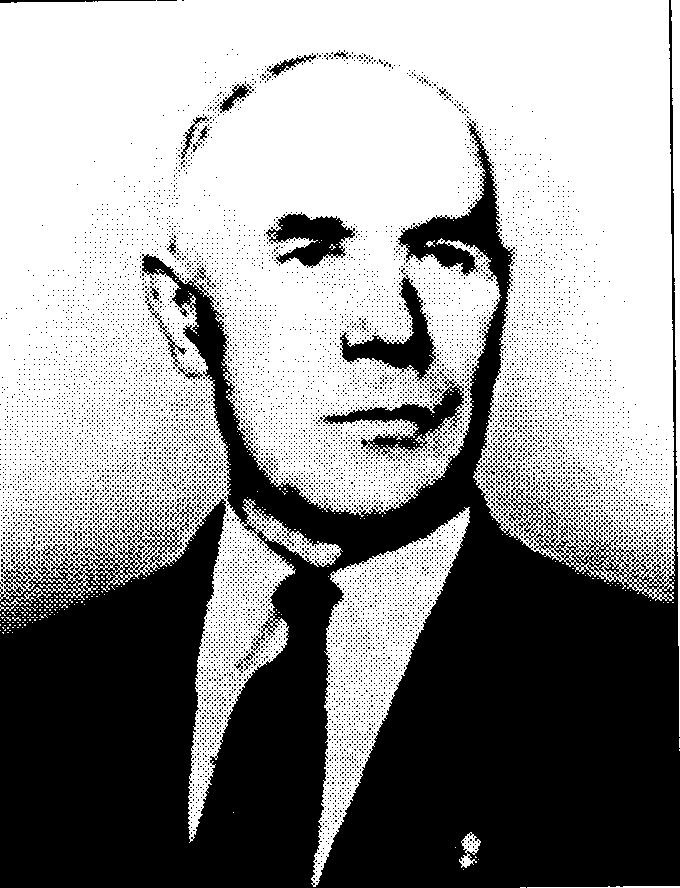
Oleksandr Kuzminskyi
In 1919, O. Kuzminskyi was appointed Chief of the Intelligence Department of the General Staff of the UPR. After the surviving units of the Ukrainian Army crossed the River Zbruch in November 1920, the work on organizing the armed struggle for the restoration of the sovereign Ukrainian state continued in the new conditions of emigration. Under his leadership, intelligence activities in exile were aimed at collecting intelligence about the forces of the red army deployed in Ukraine, the state security agencies of the Ukrainian ssr, the state of protection of state borders, political and economic situation in the country. The territory of Ukraine was being studied as a future theater of armed insurgency.
5/28/2025
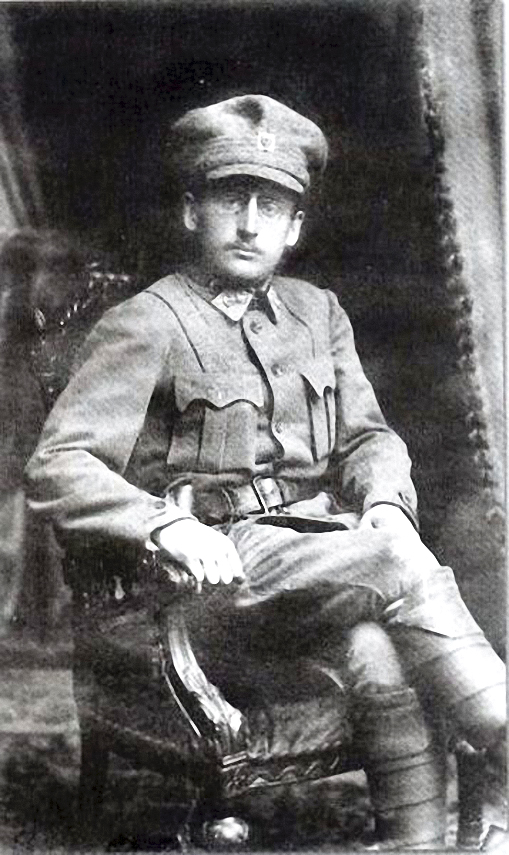
Іvan Vyslotskyi
From 1919, he served in the Intelligence Department of the Ukrainian Galician Army. At that time, the work of the intelligence service was divided into two main periods: the Galician period, during which the war with the Poles continued, and the Dnipro period, when the fighting with the red and Volunteer armies was ongoing. On the instructions of the leadership of the Intelligence Department, I. Vyslotskyi conducted several raids into the rear of the bolshevik army and obtained important information. His memoirs tell about political and military intelligence during the existence of the Ukrainian Army in 1917-1919.
5/28/2025
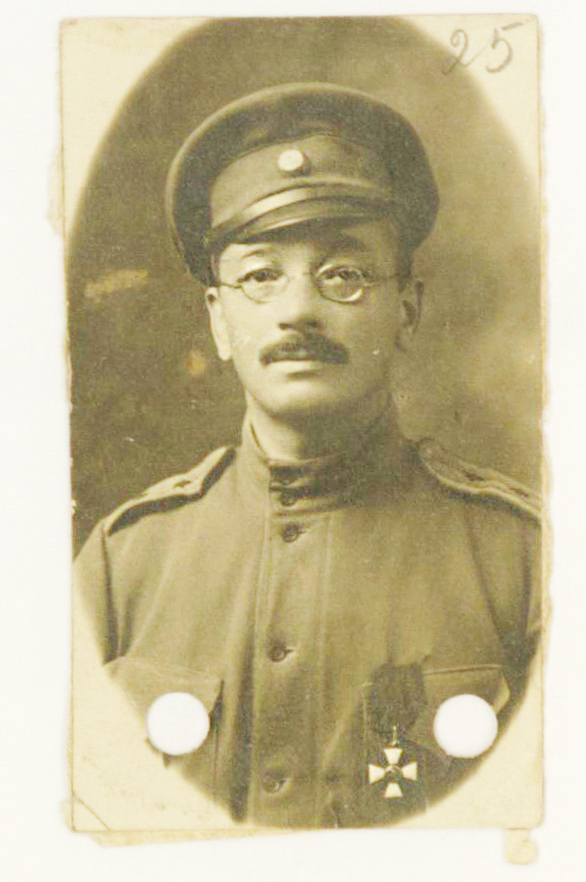
Petro Lipko
After the Central Rada proclaimed the Ukrainian People’s Republic in Kyiv, he was appointed Commander of the Ukrainianized 10th Army Corps (December 1917). Later, he served as the Acting Chief of the 2nd Infantry Division of the Army of the Ukrainian State (June 1918). During the Directory, he served in the Military Intelligence of the General Staff of the UPR Army (from February 12, 1919). In February – March 1919, he headed the Intelligence Department of the General Staff.
5/28/2025
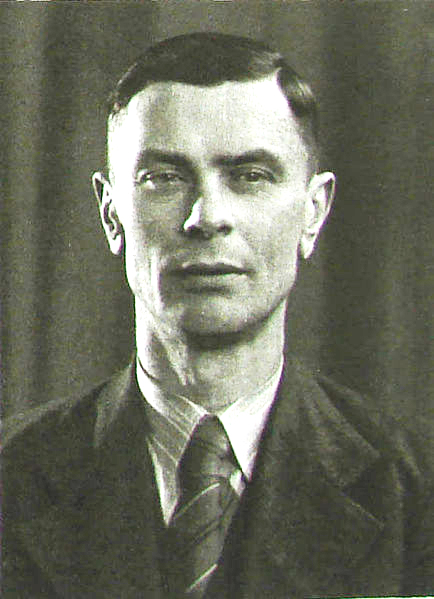
Osyp Dumin
At the head of the intelligence service, Dumin managed to create a powerful underground intelligence network in Eastern and Central Europe, whose main goal was to help restore a free and independent Ukraine. At his demand, special attention in the intelligence work was paid to conspiracy. Personal direct contacts were minimized, the texts of messages were encrypted, a system of so-called “mailboxes” was used to transmit the collected materials, clothes and appearance were changed, and even make-up was used.
5/28/2025
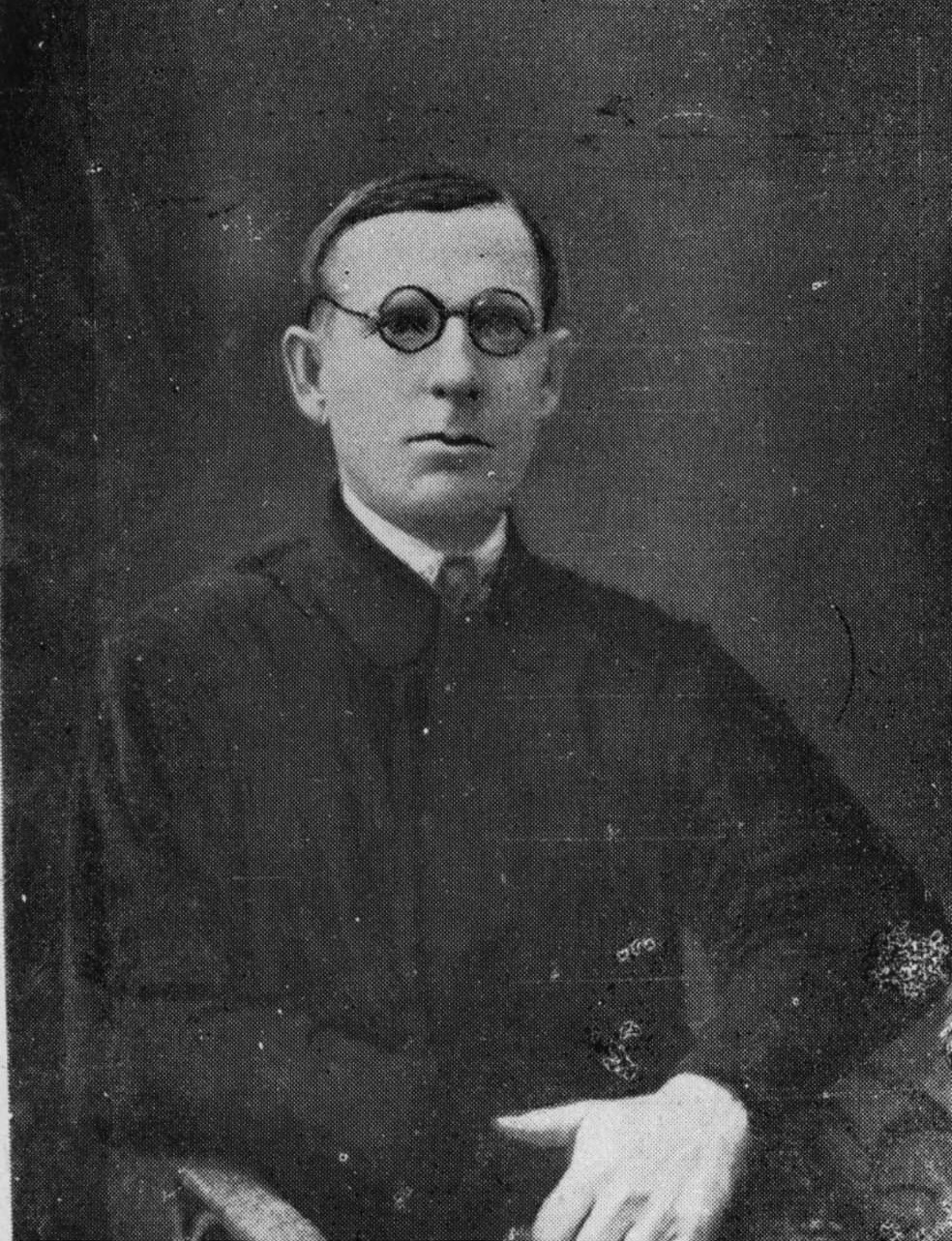
Petro Filonenko
At the head of a newly formed unit, he joined Marko Bezruchko’s 6th Sich Rifle Infantry Division, with which he took part in the UPR Army’s First Winter Campaign. In Podillia and Volyn, he was often used as a reconnaissance man, as he knew the surrounding area and the local people very well. At that time, he acted under the leadership of the Intelligence Department of Yurko Tiutiunnyk’s Partisan Insurgent Staff. The Department was headed by Colonel Oleksandr Kuzminskyi.
5/28/2025
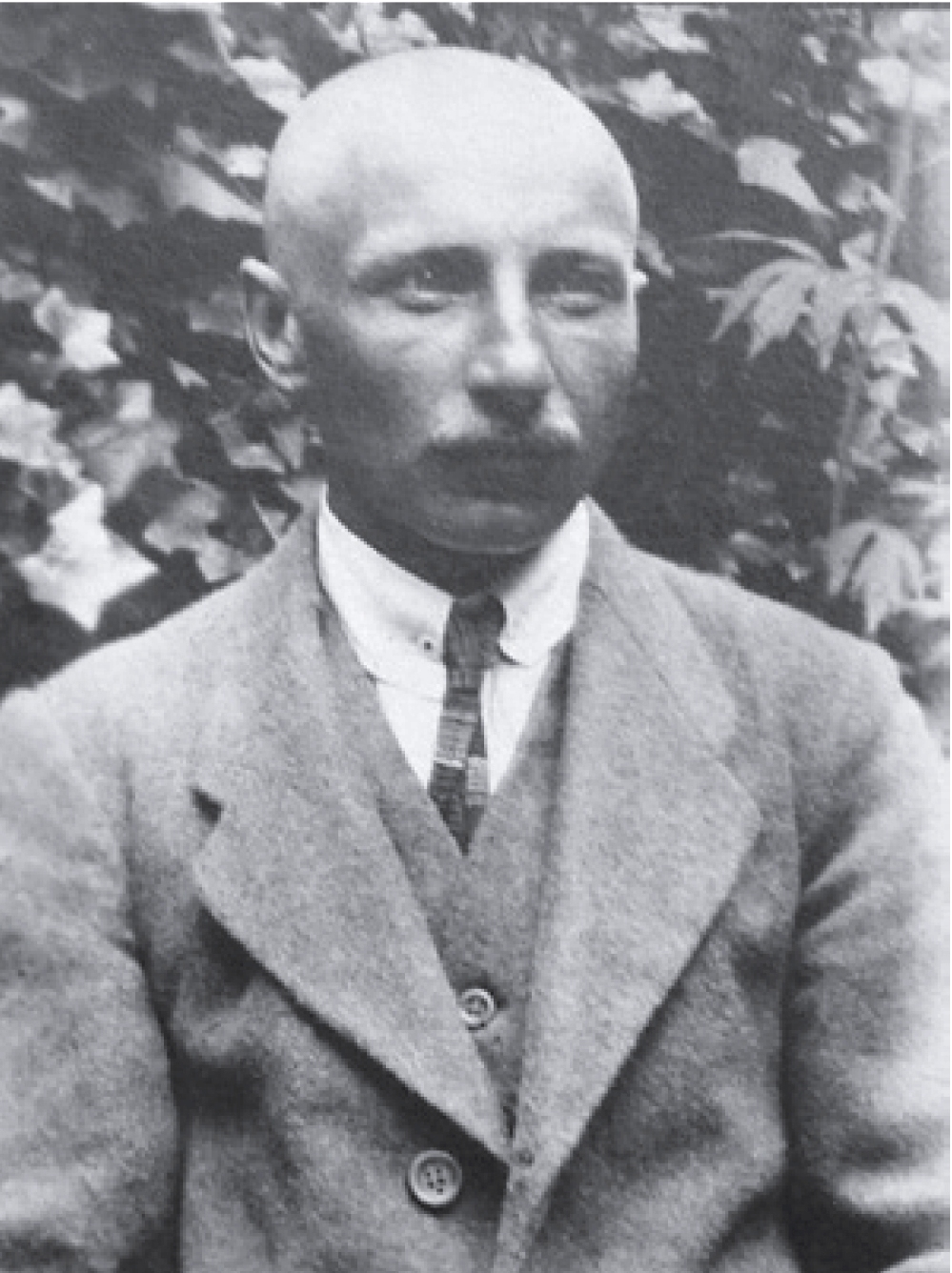
Vasyl Nedaikasha
On the instructions of the Partisan Insurgent Staff, headed by Yu. Tiutiunnyk, Vasyl Nedaikasha performed special tasks and repeatedly crossed the border. For a long time, he stayed illegally in Ukraine, collecting intelligence about people’s moods, the political and military situation. In 1927 he moved abroad for good. Given his experience of illegal work on the territory of Ukraine, he was immediately involved in the work of the First (Intelligence) Sector of the II Section of the General Staff of the Ministry of Military Affairs of the State Center of the UPR in exile. During 1928-1934 he was the Head of the Sector. In June 1928, he personally visited Ukraine on an intelligence mission to create an insurgent group.
5/28/2025
